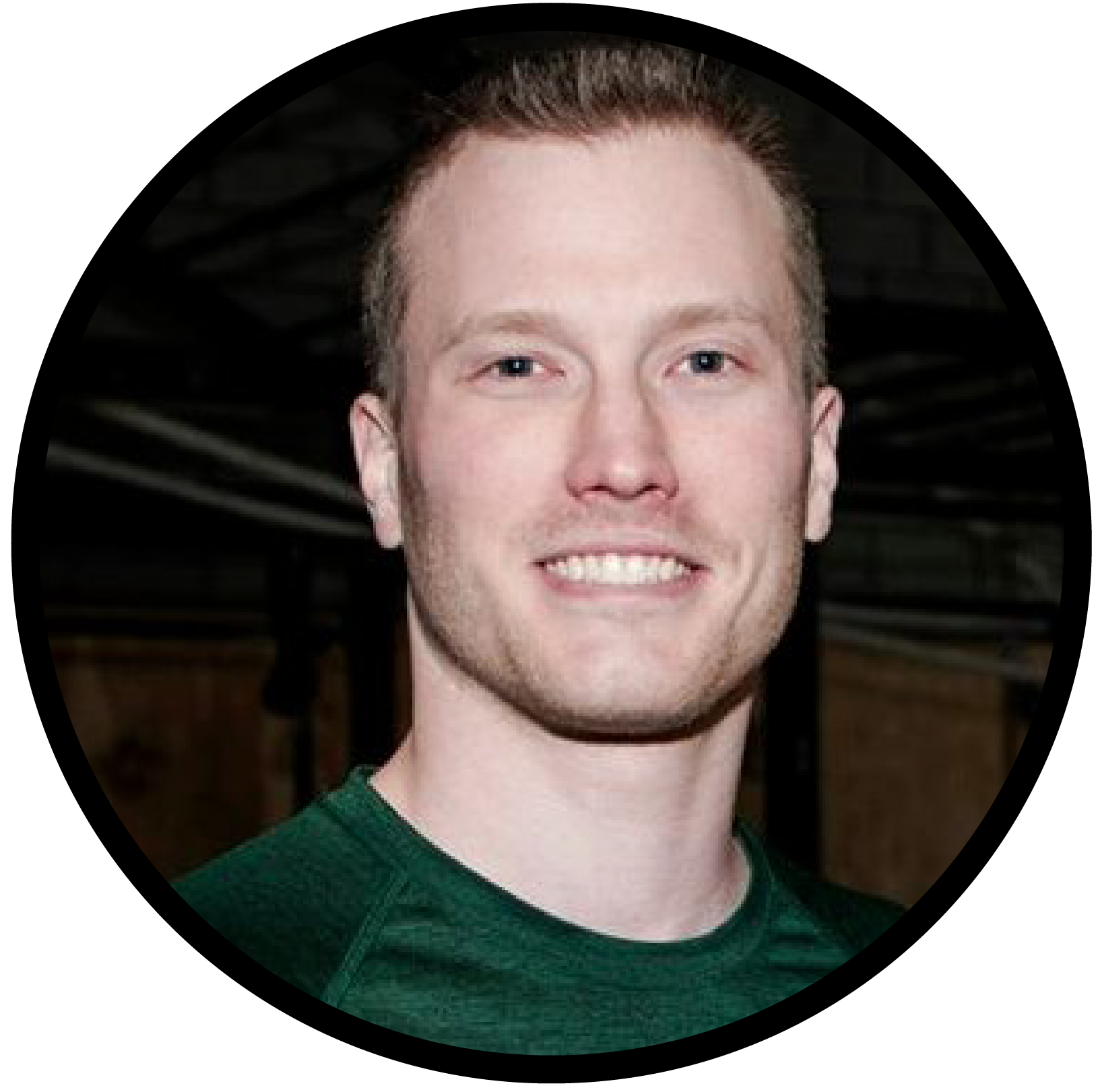talks & presentations
This is a brief (15 mins) talk I gave at the Johns Hopkins University Applied Physics Lab's AI Workshop on August 25, 2021. We're reeeeeally excited about these results. Mark my words, A.I. will need sleep sooner than later! What seems strange now will be taken for granted in the (near?) future.
This video is an excerpt from a course I teach at Johns Hopkins University on Brain-Computer Interfacing. This excerpt is from a module on machine learning, and covers an overview of common methods like linear discriminant analysis (LDA), perceptrons & neural networks, convolutional neural networks, deep learning, support vector machines (SVMs), and a mention of nearest neighbor approaches. It stays high level (mostly avoids math) and focuses on properties and considerations for each method, pros/cons of each, and perhaps most importantly, some key recommendations for learning material and references that I've found to be the best-of-field during my 15+ year quest to understand all these techniques. Wanna learn how neural networks operate? Check out these refs! Same for Artificial Intelligence, SVMs, and more.
This talk was delivered to medical students at the Martinos Center for Biomedical Imaging, on January 25th, 2019. It covers an overview of the very basics of EEG and ECoG, and what can be done with them. EEG signal processing techniques include visual inspection, evoked response potentials (ERPs), and spectral decomposition. Applications for these techniques in sleep medicine/research, brain-computer interface (BCI), and anethesiology are discussed. Applications for ECoG/iEEG in mapping brain function prior to brain surgery are introduced, and future directions in BCI, language mapping, and more are briefly introduced.
